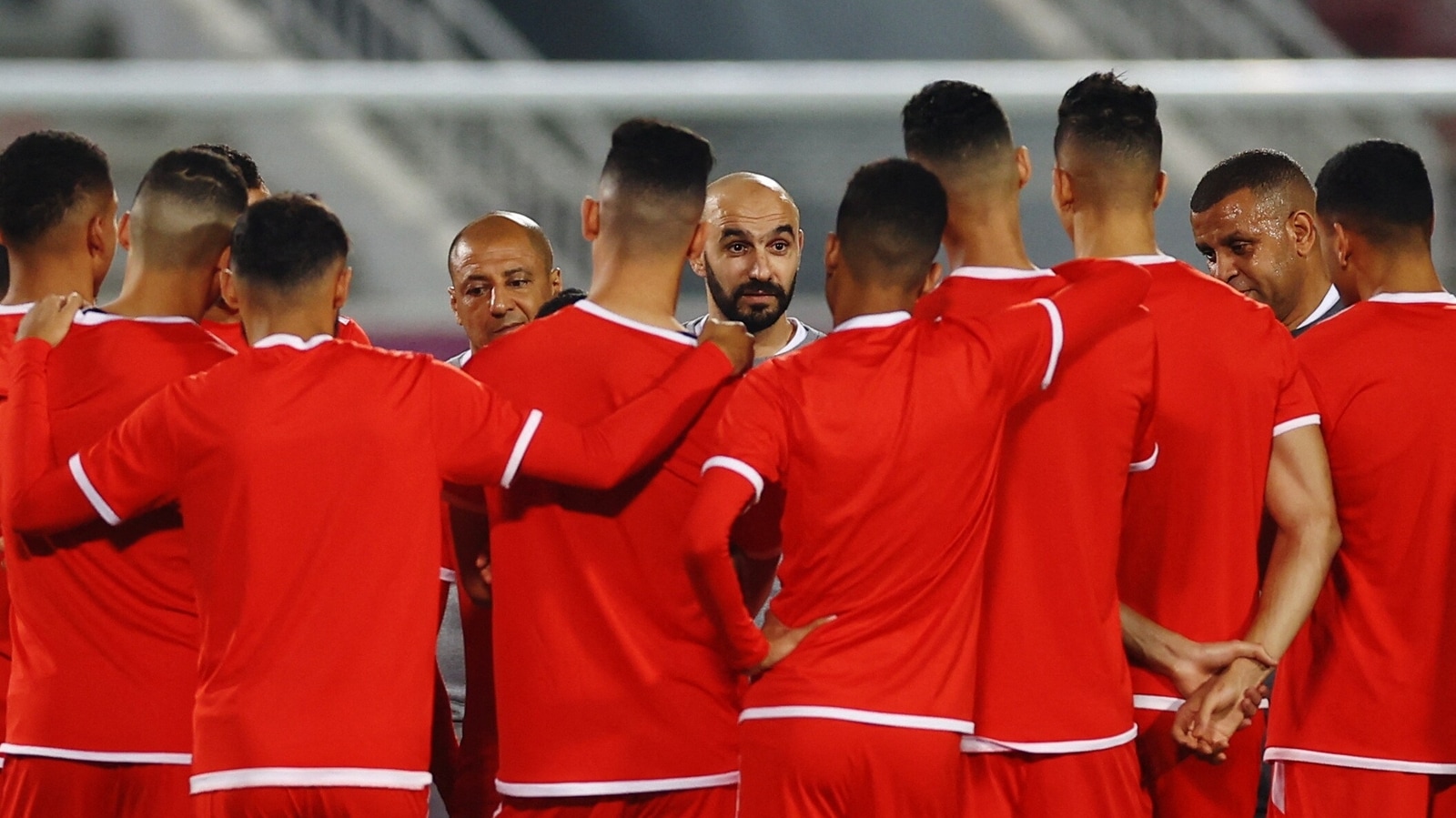Third-place contest shows why World Cups are difficult to predict
The third-place play-off always generates mixed reactions. Teams don’t want it – after losing 1-7, Brazil would be anywhere but Brasilia’s Mane Garrincha Stadium – but don’t want to lose the chance of being on the podium either. Neither Morocco nor Croatia have five World Cup titles, and three third-place finishes, like Brazil so Saturday’s game has more at stake but it was hard to escape enchantment giving way to ennui.
“The third-place match with be hard for us, especially mentally. We have a lot of injuries, and we are exhausted after this match,” said Walid Regragui. The Morocco coach was speaking on Friday morning, less than 36 hours after a roller-coaster ride of a semi-final against France. Like Regragui, Croatia’s Matteo Kovacic said playing this game was not the target when they made the last-four stage.
“I am in two minds,” said Regragui when asked if there would be changes to the line-up that started against France other than skipper Romain Saiss who is injured. To another question at the pre-match press conference, Regragui said he would give squad players a chance to experience the World Cup.
Zlatko Dalic, the Croatia coach, said it would be left to Luka Modric to decide whether he wanted to be involved on Saturday.
Yet both coaches said they wanted to finish on the podium. It would help Morocco’s rankings, said Regragui. “This is a major final for smaller nations, smaller teams,” said Dalic.
Croatia and Morocco have headlined the unpredictability of international football this World Cup has been full of. Tunisia beat France; Brazil lost to Cameroon; Germany and Spain went down to Japan; South Korea shut out Portugal; Australia stunned Denmark and Morocco Belgium.
Groups have been decided in the last minute of the last game, said FIFA president Gianni Infantino on Friday. The mid-season World Cup has also meant players were fresher rather than going into it wrestling end-season fatigue, he said.
It has forced a rethink in FIFA about the format of the 2026 World Cup where there will be 48 teams. “I have to say that after this World Cup and the success of the groups of four…We will have to revisit or at least rediscuss the format – whether we go for 16 groups of three or 12 groups of four,” said Infantino.
Arsene Wenger, FIFA’s chief of global football development, had spoken of the possibility of upsets before the tournament began on November 20. The gap between national teams have reduced, he said. It fit therefore that Japan head coach Hajime Moriyasu would say they were playing to win against Spain. And Regragui saying he was dreaming of going all the way after beating Spain and Portugal.
“The World Cup is not about planning for the medium or long term. We had to think in the short term and find out how to win games and go through,” he has said.
For Regragui that meant settling on an organised defence, having ball-carrying central midfielders who would be good at turnovers. For Croatia, it was letting their experienced midfielders dictate the tempo of games. For Japan it was using a high press.
Confidence, bonding and playing for pride were other important factors. Morocco had Saiss defying injury to start against Portugal and against France. That backfired leading to an early substitution but the team played better with an altered defensive formation.
“In 1998, winning the bronze was very important for us. We had just gained independence, were a young country, so that medal is very important in our history,” said Dalic who has a World Cup runners-up medal from 2018.
Top international teams often don’t get enough time to train together and that, unlike at clubs, can lead to disjointed performance. Argentina got together one week before the World Cup but Saudi Arabia, who beat them 2-1, trained for three months.
Of course, surprise results have a lot to do with investment in the sport: Japan and Morocco being the best examples from teams that punched above their weight here. “We are a small country but our coaching centres for kids are good,” said Modric when asked how Croatia with a population of less than 4 million have played three World Cup semi-finals since their first in 1998.
Also, knockout games are often decided by fine margins and as has been pointed out by nearly all the coaches, not always do the best team win. That increases the randomness of results which, unlike in a league season, teams have no chance of correcting. That is why Iceland made the quarter-finals of the 2016 European championships beating England on the way. Or Wales played the semi-finals in that edition beating Belgium in the round of eight.
Football is dominated by what happens at clubs where the richest are the most successful. There are many reasons why Manchester City and PSG have won four of the last five leagues titles and Bayern staying German champions for the past 10 seasons but money would be the most important. It is the same in every continent with top clubs buying the best players, coaches, investing in data scientists, medical staff. We will see more of that when club seasons resume eight days after the World Cup. More reason for fond recollection of smash-and-grab wins, stout defending and smart game management that fetched surprise results in Doha.
For all the latest Sports News Click Here
For the latest news and updates, follow us on Google News.


